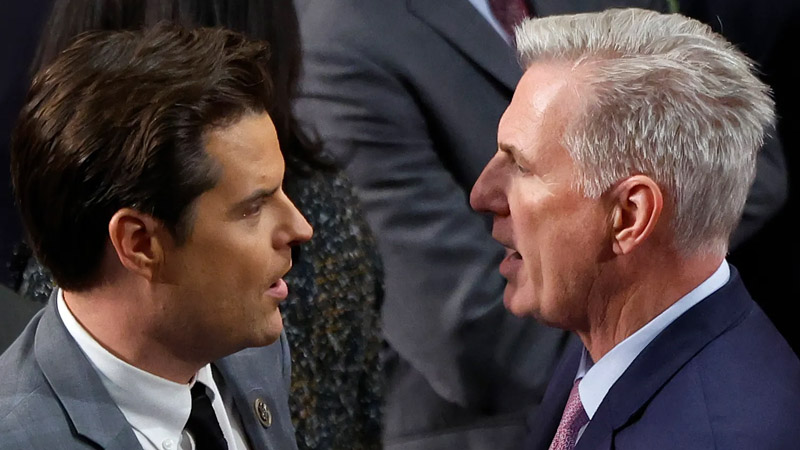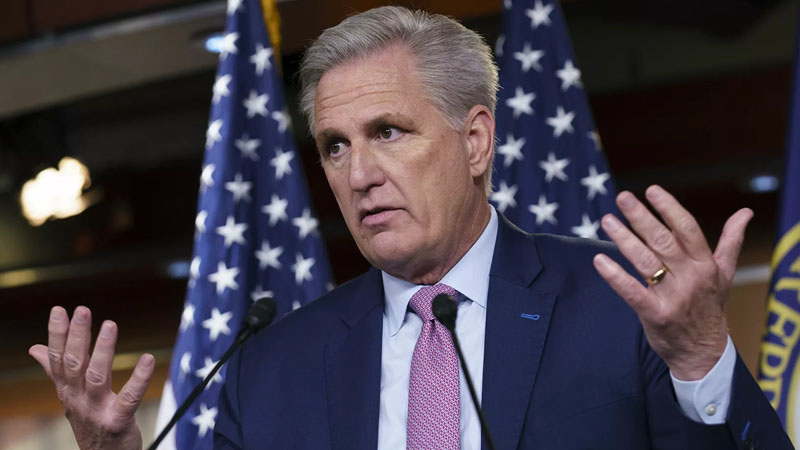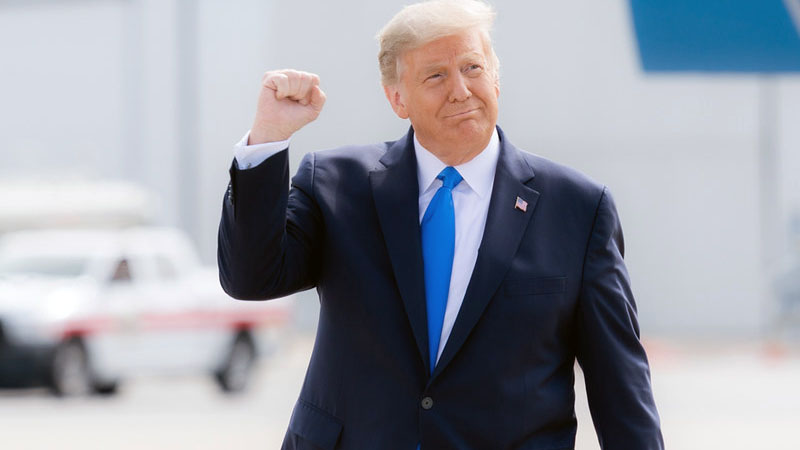“A Full-Circle Moment”: Kevin McCarthy Claims Ouster Linked to Matt Gaetz Ethics Drama

CHIP SOMODEVILLA/GETTY IMAGES Kevin McC
Former Speaker of the House Kevin McCarthy believes his removal from office can be traced back to his handling of an ethics investigation involving Rep. Matt Gaetz. That same ethics report has once again thrust the Republican Party into turmoil, igniting fresh controversy.
The ethics report at the center of the drama contains allegations of Gaetz’s drug abuse and inappropriate conduct, including accusations of sex with an underage girl. These allegations played a role in McCarthy’s refusal to suppress the investigation during his tenure. Gaetz, who spearheaded the effort to oust McCarthy, denies that the ethics inquiry influenced his actions, claiming his motivations were unrelated.
The issue seemed to have faded into the background—until former President Donald Trump nominated Gaetz for Attorney General. This decision has reignited tensions within the GOP, exposing lingering divisions and creating new challenges for party leadership.
A “Full-Circle Moment” for the GOP
Annie Karni, a congressional correspondent for The New York Times, described the current developments as a “full-circle moment” for the Republican Party. Karni wrote that Speaker Mike Johnson’s recent efforts to block the release of the ethics report signal a stark departure from McCarthy’s approach.
“Now Mr. McCarthy is long gone, Mr. Gaetz is the president-elect’s choice to run the Justice Department, and Mr. Johnson is doing what Mr. McCarthy never would — intervening to try to make sure the damaging material on Mr. Gaetz never sees the light of day,” Karni wrote. “It is a fitting coda to two years of tumult in the Republican-led House, a disorder that was exacerbated by bad blood among individual members.”

The report paints a picture of a fractured Republican Party, struggling with both internal conflicts and broader political dynamics. According to Karni, the chaos within the GOP has been fueled by deep ideological divides, a polarized Congress, and the party’s razor-thin majority. These factors have amplified the influence of figures like Gaetz, who are often at odds with more centrist conservatives.
Feuds Overshadow Governance
Karni also highlights the deeply personal nature of the feuds driving the party’s dysfunction, particularly the rivalry between McCarthy and Gaetz. The ethics inquiry into Gaetz became a flashpoint in their contentious relationship, with McCarthy alleging that Gaetz sought to undermine him at every turn.
“Their epic rivalry became emblematic of the party’s deeper problems,” Karni noted in her analysis. “Personal vendettas and shifting alliances became as important to its players as any ideology or policy win. Over the past two years in Congress, governing often took a back seat to intraparty feuding.”
McCarthy has long maintained that Gaetz’s vendetta against him stemmed from his refusal to quash the ethics investigation. He accused Gaetz of plotting to block his rise to the speakership and ultimately orchestrating his downfall.
The Road Ahead
As the GOP grapples with its internal strife, the ethics report and its handling have become symbolic of broader challenges facing the party. With Gaetz’s nomination for Attorney General, the spotlight on these issues is unlikely to dim anytime soon.
Speaker Mike Johnson’s decision to intervene on Gaetz’s behalf marks a pivotal moment, raising questions about transparency, accountability, and the party’s future direction. The coming weeks will test whether the Republican leadership can move past personal grudges and focus on governance—or whether the party’s internal discord will continue to dominate the agenda.


